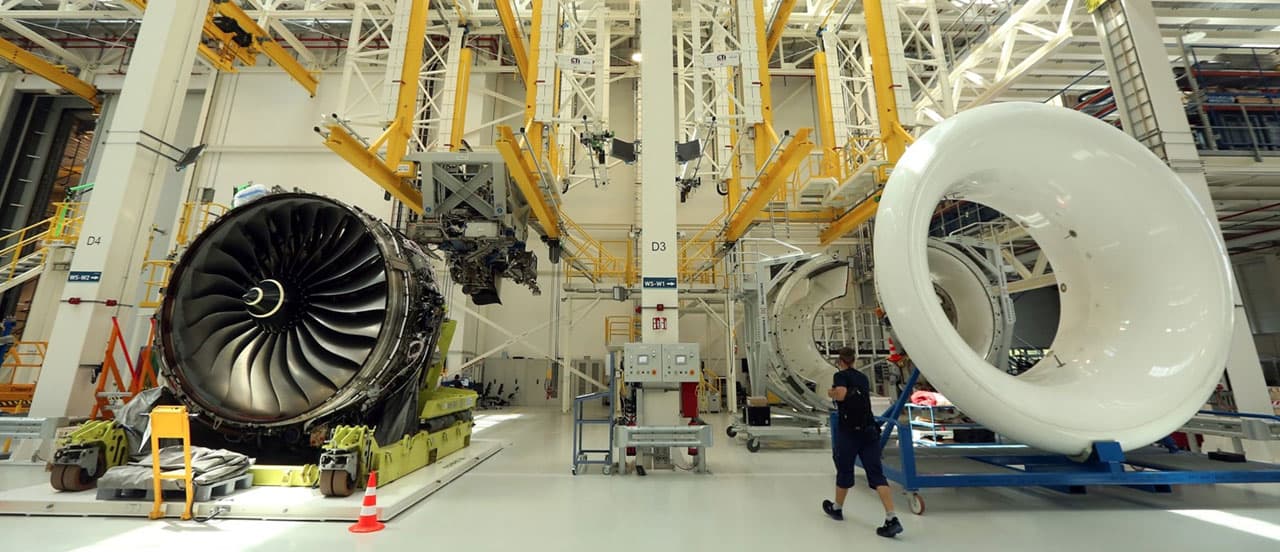Riyadh, Saudi Arabia— Saudi Arabia is looking to attract some US$26 billion dollars worth of investment in the machinery and equipment sector, according to its Minister of Industry and Mineral Resources Bandar bin Ibrahim AlKhorayef.
AlKhorayef, who is also Chairman of National Industrial Development Center (NIDC), announced that the industry and mining sector is working with relevant authorities to attract 50 investment opportunities.
The investment opportunities, which have been developed and uploaded on the Invest Saudi platform, aim at activating the National Industry Strategy (NIS), which seeks to expand the industrial base in the kingdom, reduce imports by up to 50%, and work towards exporting products to regional and global markets.
The minister indicated that among the largest projects achieved during 2021 and 2022 are three projects for casting and forging, which are considered among the inputs of the machinery and equipment sector, and one of the basics of the NIS, with investments exceeding $1 billion.
He noted that these projects would contribute to establishing complete value chains from raw materials to finished products and replacing imports of casted and forged products, as well as manufacturing valves and pumps with investments amounting to $119 million.
The minister added that the NIDC has worked the past two years with investors in the Saudi Arabian Schneider Electric Company’s project for a production line for the product “Altivar Modular Drives” by providing data, information, and a study report for supply chains.
The total value of the project is $2.6 million, and the production line was opened and put into operation at the end of 2022.
Moreover, AlKhorayef revealed that the “Future Factories Program,” an initiative adopted by the Ministry, seeks to automate factory operations. Consequently, he said, the machinery sector has developed an investment opportunity that it is working on now with a potential investor to assemble its industrial robotic arms, which are in its initial stage as a step to develop the robotics industry in the Kingdom.
He emphasized that preserving existing factories and enabling them through policies and regulations developed by the machinery and equipment sector in the NIDC in cooperation with the Local Content and Government Procurement Authority is one of the most important pillars of the NIS.
The ministry has achieved some notable successes in this regard, among which is supporting the Hitachi Factory for gas-insulated high-voltage switchgear products by adding it to the mandatory list of governmental procurement. This comes in addition to supporting the TECO Middle East (TME) Factory for electric motors in qualification processes with major national companies.
The Minister also stated that the NIDC was collaborating with the Public Investment Fund (PIF) to build a business model to take advantage of the investment opportunities developed by the sector. Eight opportunities have been selected for initial evaluation and two opportunities for final evaluation.
The machinery and equipment sector supports all industries, including oil and gas, petrochemicals, mining, food, construction, and others. Its revenues in 2019 were estimated at nearly $32 billion.

